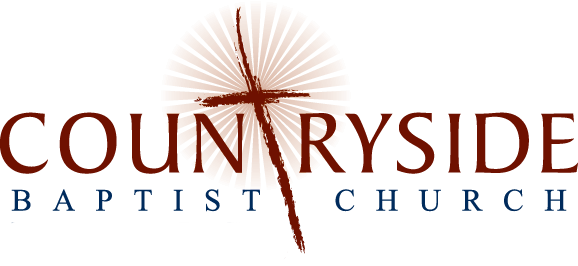He Ain’t Heavy; He’s My Brother | 2 Pet. 1:3-11 (7a)
In its design, the church is uniquely equipped to reach out to every age group and say: We care about you. We want you. Come find a home here. But designs don’t reach out to people, people reach out to people. Brotherly kindness not only reaches out and brings others in, but it reaches out and brings others in again. Forgiveness is not a one-time event for a one-time failure. Forgiveness is an event that occurs again and again and again and again and again in the church.









